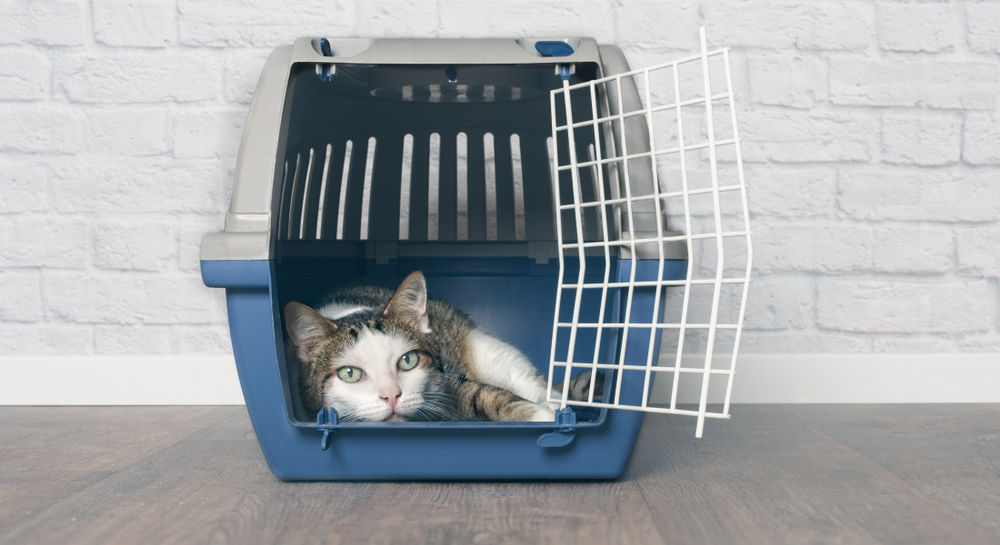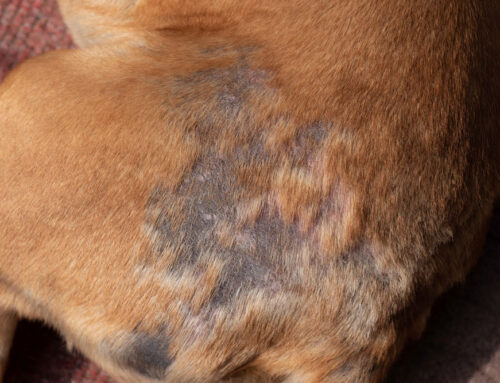We all know that veterinary care is essential for the global well-being of our pets. After all, we know we need to see our doctors periodically for preventive care, so why expect anything different for our pets? Actually, since our furry friends age more quickly, they typically require more frequent care than we do. If you’re unsure when your cat should head in for an exam, this guide will help you navigate an appropriate timeline, and let you know what to expect at each visit.
New kitten exams
If you are the proud owner of a brand new kitten, plan to spend some quality time with our veterinary team. Young cats need frequent examinations to ensure their rapidly growing bodies are developing appropriately, and need timely vaccinations to establish proper immunity. Expect to bring in your kitten every three to four weeks, until about four months of age.
At the first appointment, we will thoroughly examine your cat for any health problems or congenital defects, and discuss basic kitten care, diet, and lifestyle. We will also want to test your kitten for two feline infectious diseases—feline immunodeficiency virus (FIV) and feline leukemia virus (FeLV). Because these viruses are contagious, knowing if your kitten has been exposed is important, especially if you have other feline friends at home. If your kitten is deemed healthy, we will administer the first vaccines against common respiratory viruses and feline leukemia virus, along with a broad-spectrum dewormer to address common intestinal parasites. We will repeat these preventive measures at the second and third kitten appointments.
Once your kitten reaches 12 to 16 weeks of age, we will discuss vaccinating against rabies, and planning for the spay or neuter surgery. At this point, many new pet owners have questions about litter box training, biting or scratching behaviors, or basic grooming, so come prepared with your own questions. Remember, if you adopted your kitten from a shelter, they’ve likely already received many of these services, so ensure that you bring your cat’s records to the first appointment, to let us plan accordingly.
Annual adult exams
It may be hard to believe, but your kitten technically becomes an adult at 1 year of age. You’ll want to schedule an exam around this time, to ensure your cat receives timely booster vaccinations and a clean bill of health. This is also a great time to discuss the transition to a high quality adult cat food, and any health or behavioral concerns you may have. Unless your cat has an underlying oral or dental condition, most cats will develop signs of dental disease by age 3, so now is the time to discuss at-home oral care and annual dental cleanings. Then, plan to bring your adult cat to Tidmore Veterinary Hospital annually until they reach senior status.
Semi-annual senior exams

At around age 8, your adult cat becomes a member of the beloved senior feline community. This special group requires all the love and attention you were already providing, plus a little additional care. Since our four-legged friends age much more quickly than we do, we recommend bringing your senior cat in for preventive veterinary services twice a year. This helps us keep excellent track of your pet’s health, and allows us to identify subtle disease signs before they become a problem. Many common age-related conditions in cats, such as chronic kidney disease and hyperthyroidism, may carry a better prognosis if caught and treated early. At each visit, our veterinary team will perform a thorough examination, discuss any signs you are seeing at home, and plan for diagnostic testing.
Of course, illness can strike at any age, so contact us if your cat shows abnormal signs or behaviors at any time. At Tidmore Veterinary Hospital, we look forward to watching your feline friends grow and thrive. Contact us to schedule an appointment, or for further resources regarding cat care and wellness.








Leave A Comment